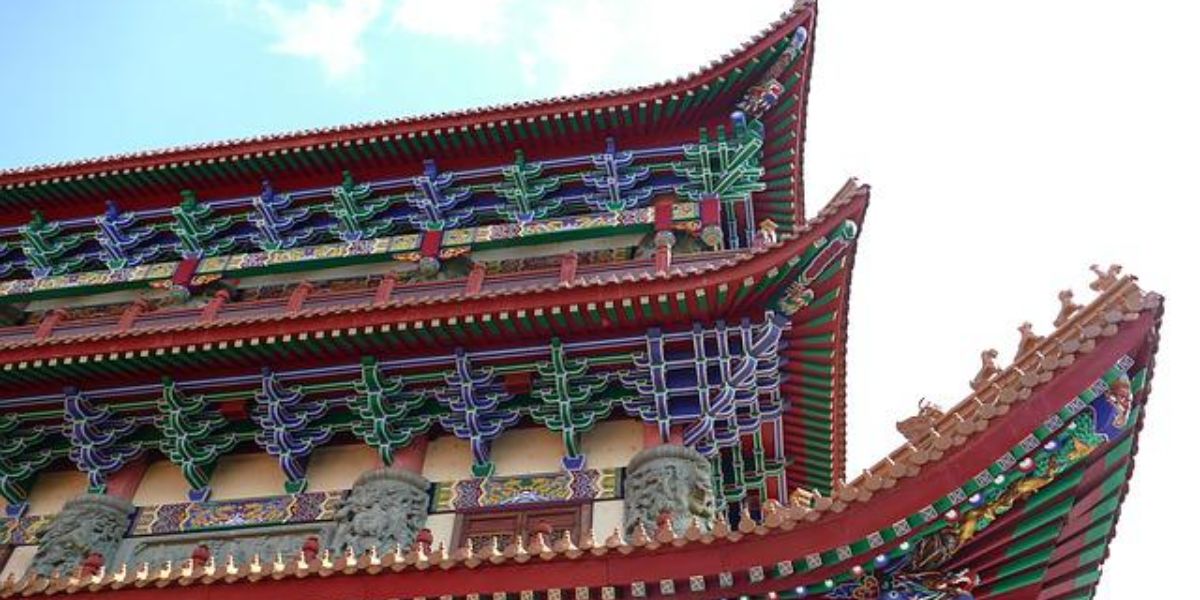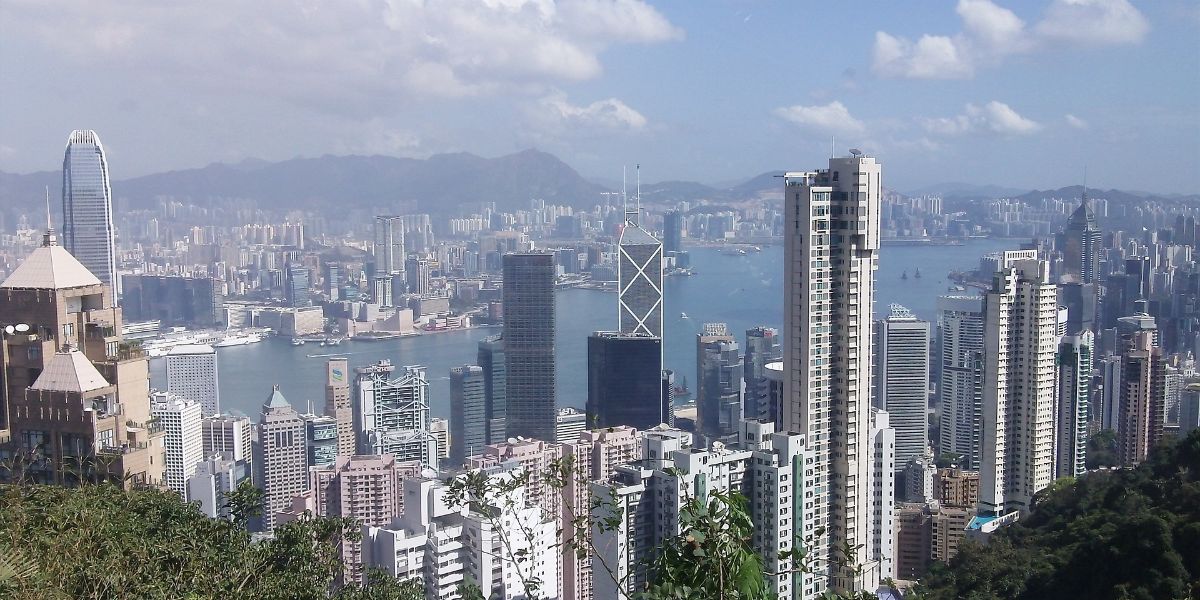The Hong Kong Inland Revenue Department has released draft guidance on the proposed company re-domiciliation regime introduced under the Companies (Amendment) (No. 2) Bill 2024 on 20 December 2024. It is pending approval in the Legislative Council.
This legislation outlines the framework for companies seeking to re-domicile in Hong Kong.
Under the Regime, non-Hong Kong incorporated companies that have successfully registered as re-domiciled companies under the Companies Ordinance (Cap. 622) (CO) are able to preserve their legal identity and maintain their business continuity. The Companies (Amendment) (No. 2) Bill 2024 (the Amendment Bill) was gazetted on 20 December 2024 to amend the CO and other related ordinances including the Inland Revenue Ordinance (Cap. 112) (IRO) in order to put in place the Regime in Hong Kong.
Hong Kong does not impose tax on the basis of residence or domicile. Under section 14 of the IRO, any persons, including corporations, partnerships, trustees and bodies of persons, carrying on any trade, profession or business in Hong Kong are chargeable to tax on all profits (excluding profits arising from the sale of capital assets) arising in or derived from Hong Kong from such trade, profession or business.
If a non-Hong Kong incorporated company has carried on a trade, profession or business in Hong Kong before it re-domiciles to Hong Kong and has profits chargeable to tax from such trade, profession or business before its re-domiciliation, it will have profits tax liabilities from such profits. Re-domiciliation will not relieve the company from its profits tax liabilities in respect of the pre-domiciliation period.
If, however, a non-Hong Kong incorporated company has never carried on any trade, profession or business in Hong Kong before it re-domiciles to Hong Kong, no profits tax will be charged on the company for the period before it commences business in Hong Kong.
The legislative amendments to the IRO are not applicable to the situation where a re-domiciled company has carried on the same trade, profession or business in Hong Kong before and after re-domiciliation. They are only applicable to the situation where a re-domiciled company has carried on a trade, profession or business outside Hong Kong before re-domiciliation and commences to carry on the same or another trade, profession or business in Hong Kong after re-domiciliation. The main aspects covered by the legislative amendments to the IRO are as follows─
(a) Adding general interpretation provisions under section 2 of the IRO to the effect that references therein to a company “incorporated in Hong Kong” include a re-domiciled company and references to a company “incorporated outside Hong Kong” exclude a re-domiciled company.
Generally speaking, under the comprehensive avoidance of double taxation agreements or arrangements (CDTA) signed between the Hong Kong Special Administrative Region (HKSAR) and other jurisdictions, a resident of the HKSAR is defined for the purpose of the CDTA to mean, among others, a company incorporated in the HKSAR or, if the company is incorporated outside the HKSAR, being normally managed or controlled in the HKSAR. By adding the above general interpretation provisions to the IRO, when construing the term “resident of the HKSAR” under the CDTA, a re-domiciled company will also be regarded as a company incorporated in Hong Kong and in turn a resident of the HKSAR.
(b) Introducing new Schedule 17L to the IRO to address matters regarding transitional tax arrangements and elimination of double taxation:














